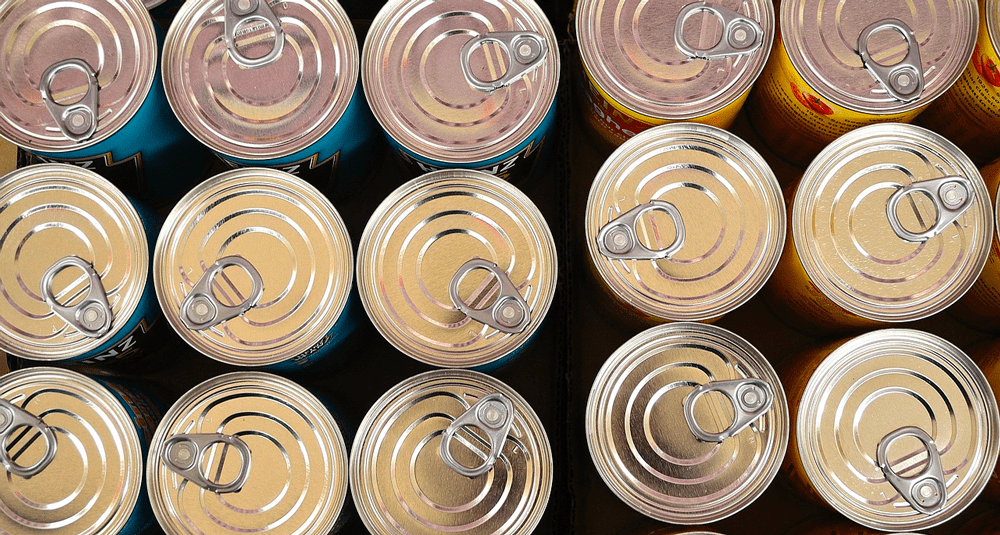When did the French confectioner Nicolas Appert invent canned can?
Last Updated:
Nicolas Appert, born in 1749 in Châlons-en-Champagne, was a French confectioner and inventor famous for developing the process of preserving food by sterilization in hermetically sealed containers, known as appertization. This major innovation, perfected in 1795, revolutionized food preservation, offering an alternative to traditional methods such as salting, smoking or drying.
Prior to his invention, Appert had gained significant experience as a confectioner in Paris, where he developed his business with several employees and correspondents in Rouen and Marseille. Involved in the revolutionary movement in 1789, he took advantage of a few months in prison to think about better methods for preserving food.
The context of the time, marked by the wars of the Revolution and Empire, highlighted the need for long-lasting provisions for armies in the field and sailors on long voyages, who often suffered from scurvy due to the lack of fresh fruit and vegetables. Appert set out to find a process for preserving foodstuffs while preserving their nutritional and taste qualities.
In 1795, after many experiments, he discovered that heating food placed in hermetically sealed containers stopped fermentation and preserved it for long periods. The process, which he later called appertization, involved placing food in glass containers, sealing them with a mixture of cheese and lime, then heating them in a bain-marie to eliminate the micro-organisms responsible for spoilage.
In 1802, to meet the needs of the French navy, Appert set up the world’s first cannery in Massy, employing around ten, then fifty workers. His products were a great success with sailors, who appreciated the scurvy-free food.
Recognizing the importance of his discovery, in 1795 the French government offered a reward of 12,000 francs to anyone who could find a new process for preserving food. Appert presented his method in 1806 at the Exposition des produits de l’industrie française, but it wasn’t until 1810 that he officially received the reward, on condition that he made his method public. He then published L’Art de conserver pendant plusieurs années toutes les substances animales et végétales, detailing his process and enabling it to be widely disseminated.
Despite his revolutionary invention, Appert did not apply for a patent, preferring humanity to benefit from his discovery. This decision enabled British industrialists like Peter Durand to appropriate the process and perfect it using tin cans, which were lighter and stronger than glass containers. These improvements led to the rise of the canning industry as we know it today.
Unfortunately, the decline of the imperial navy after the defeat at Trafalgar and competition from the British, aided by access to cheaper, higher-quality tinplate, eventually ruined Appert. In 1814, his Massy factory was ransacked during the invasion of the Sixth Coalition, and he died destitute in 1841.
It was in 1795 that Nicolas Appert invented the method of preserving food by sterilization in hermetically sealed containers, a major breakthrough that profoundly transformed food practices and paved the way for the modern canning industry.
sciences

When did the French confectioner Nicolas Appert invent canned can?
Answer
In 1795, French confectioner Nicolas Appert invented the method of preserving food by sterilization in hermetically sealed containers, known as appertization.